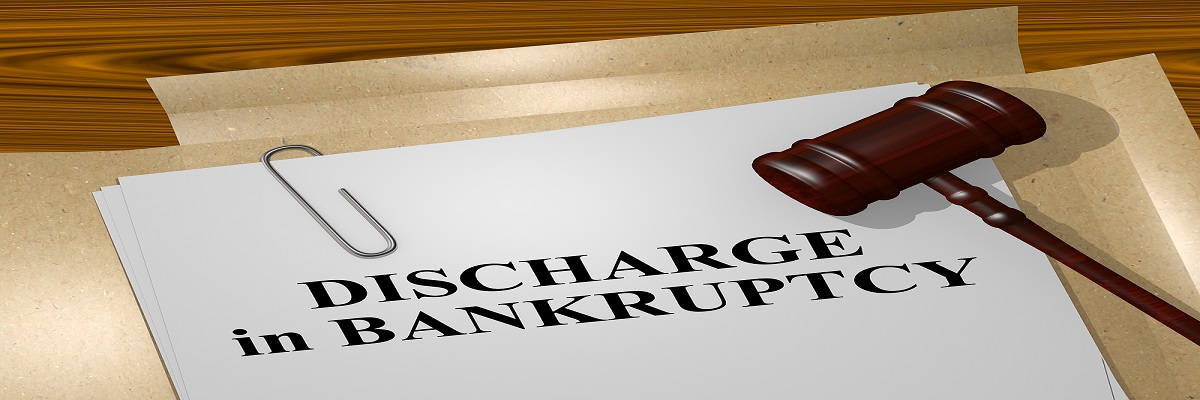Call: 888-297-6203
For individual debtors, the most important part of the Chapter 13 bankruptcy case is the bankruptcy discharge – an order that eliminates and makes you free from all previous dues and debts that you owed – credit cards, utility bills as well as medical bills.
Once you get the discharge, no creditors can harass or trouble you for any outstanding dues or debts, neither can they file a lawsuit against you for non-payment nor can they take any other course of action to collect the debt amount.
When should you expect the discharge?
If all your paperwork is in line, and you have furnished all the documents as required and successfully filed everything, then by the end of your matter you will receive a discharge. You must note that you have completed all these-
- Have filed all official petitions, schedules and required local forms,
- Have accurately mentioned all your debts, assets, income, and financial dealings with proper documentation
- Have attended the Meetings of Creditors
- Have undergone the financial management course as well as taken a session with the credit counselor.
- Have furnished all the payments under the repayment plan, if you have filed for bankruptcy under chapter 13.
Once you have completed all the above successfully, you will be notified by a document “Order of discharge”. This does not mean that your case is closed. Once the order is issued, the bankruptcy official will disperse all the unsecured debts to your creditors. The case only closes, once the money is dispersed or the outstanding litigation comes to an end.
Under Chapter 7, the “order of discharge” is issued 3-4 months after you file for bankruptcy, however, under Chapter 13, the “Order of discharge” is issued once you complete the 3-5 years repayment plan.
Will the discharged Debts be listed in the Order?
No, the order does not list the discharged debts, however, it lists all those categories that are not waived off in bankruptcy-
- Alimony or child support obligations
- Student Loan debts
- Tax debts
- Non-dischargeable accounts as decided by the court
- Criminal fines, penalties as well as restitution
- Wrongly listed debts
- Loans associated with retirement plans
- Debts that have arisen out of maliciously injuring someone
- Reaffirmed agreements and liabilities as confirmed by the court.
While the case is going on, a creditor can file a lawsuit, requesting the judge to prevent discharge on a particular debt. Any debts that have arisen due to fraud committed by the debtor or injury caused while he was intoxicated can be declared by the court as non-dischargeable.
Liens on Property
Even though filing for bankruptcy can help you get rid of your debts, you cannot forgo a lien. The creditor will still have the right to foreclose or sell the collateral to recover a part of the money (Unpaid) borrowed by you despite the fact that the court has discharged the debts on your case.
However, some liens can be waived off. A well-experienced attorney like – Recovery Law Group can give you proper guidance on how to go ahead with the filing to help you protect your property and get a discharge on all your debts as well as the lien.
The discharge issued by the court can be denied or revoked at any time
If for any reason the court feels that you have not been honest with your paperwork and have provided false information in your testimony, or have not complied as per the directions of the court, they at any time can cancel or revoke the Discharge.
“Order of Discharge” must be kept secure
It is important, that you safe keep important documents like the order of discharge to present in the future anytime if required. These papers can be required in the future if ever you plan to apply for credit or a home mortgage. This document is very important and will help you testify as well as verify your bankruptcy dues. It also acts as proof to the creditors that you no longer owe them any money.

